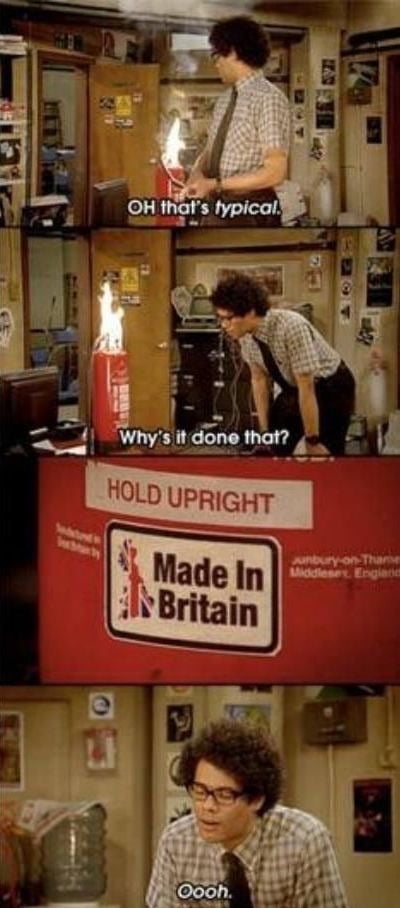I found this damage interesting because
- There are high winds here (coastal area) but the frontal area of a sign seems pretty small
- I thought they would make signs out of more corrosion resistant materials
These are only a few of tens if not hundreds of downed signs in the area
Several of these just seem to be old signs with poles that have rusted through.
Yes, all weakened and then blown over in a recent storm. Corrosion from sea-salt in the air maybe? There are tens of them about, which does not seem normal
Not just sea salt. Signs down across Glasgow and I think that’s chip salt and neglect.
Hadn’t considered that, grit lorries must fling a lot at the base with each pass.
Are you all talking about ice melting/traction increasing salt? That stuff is so gross to me, in my state they said some 60% of waterways and bodies were overly salinated and basically ruined, and that was several years ago with no real sign that it would have slowed down. All because of over salting, or at least mostly because of that.
Wow, that’s sad. Yes we are, they really layer on the stuff here, at places where the lorry has to pass multiple times (e.g. a roundabout) you can even get ‘salt dune’ deposits from it building up. Wrecks the drivetrain on my bicycle - inevitably have to replace components once winter is over.
Looks like a sign of things to come.
I expect that I 1. underestimate the forces of nature and 2. overestimate the quality of British manufacturing
the quality of British manufacturing

https://www.road-signs.uk.com/post-calculator.shtml
Having a quick look into it, it’s clearly something that is calculated for but wind up North is clearly something else!
Fantastic, may bring a tape measure on the next commute
I would imagine that at some point we went from highways agency signage that was made to a standard to outsourcing to the cheapest bidder. There is also a possibility that signs can’t be too rigid so they don’t cut vehicles in half?
Very good points!
Those signs seem to have very shallow bases
Agreed. So quality of British manufacturing and workmanship. Now someone has to pay to have them all replaced.






